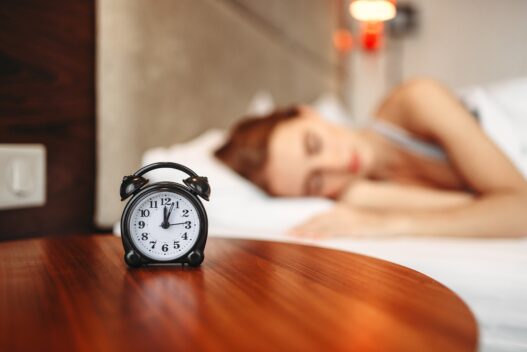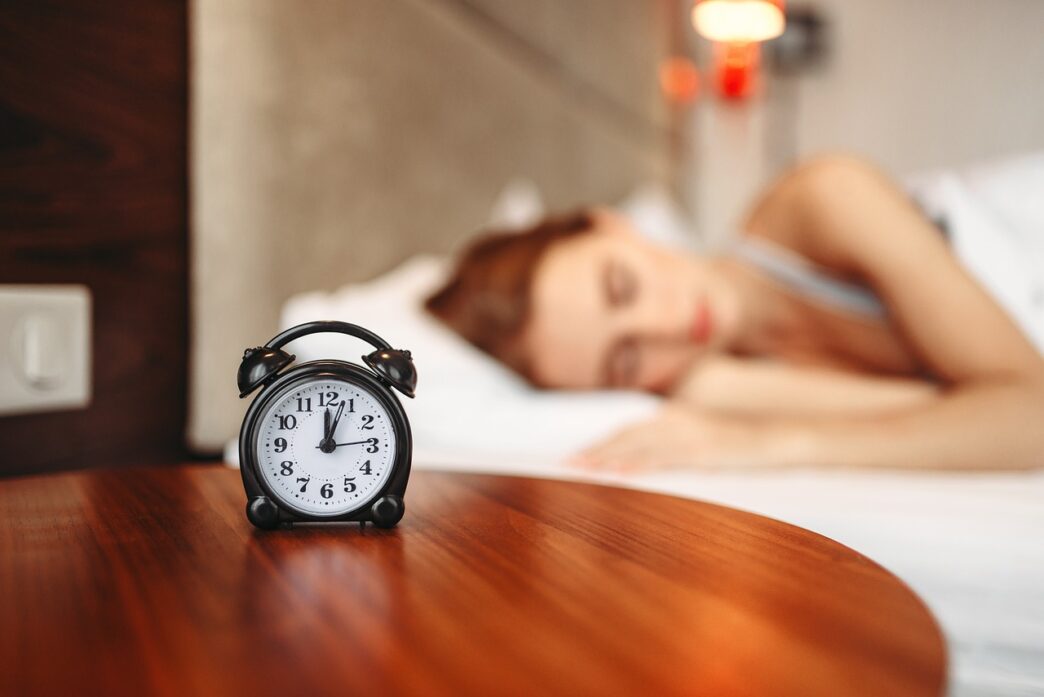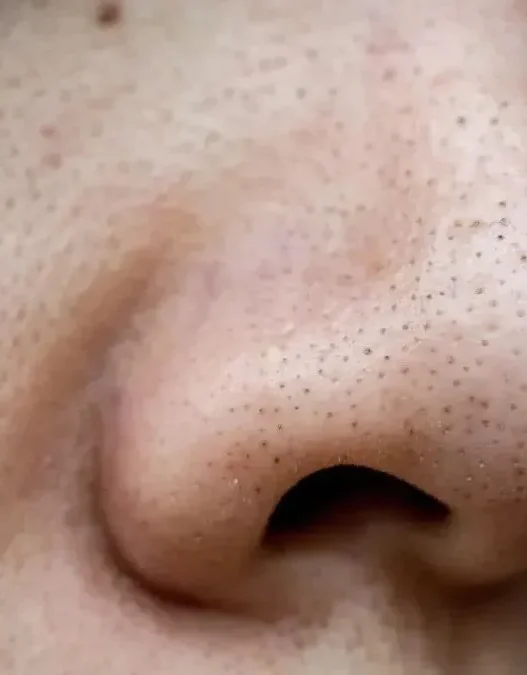Have you ever experienced this?
You take a nap at home during lunch, and before you know it, you’ve slept too long.
When you wake up, the sun has already set, and the sky has turned a gloomy gray-blue.
Suddenly, a deep sense of loneliness washes over you.
Some describe this feeling as “like being abandoned by the world.”
It feels like extreme fatigue, a lack of energy, and a sense of defeat…
In reality, this is simply because your nap was too long!
20-Minute Nap is Just Right
Actually, if you shorten your nap to 20 minutes or less, you can say goodbye to that drained feeling for good!
Feeling low after waking up isn’t just an emotional state; it’s a physiological reaction triggered by napping too long, known as “sleep inertia.”
Sleep inertia refers to the period after waking up, especially after deep sleep, when you experience drowsiness, cognitive decline, and a fuzzy, disoriented perception of the world. Common symptoms include reduced judgment, difficulty concentrating, and slower reactions…
We often say, “The more you sleep, the more tired you get,” and this is exactly why.
After 20 to 40 minutes of sleep, you start entering deep sleep. Your brain mistakenly thinks you’re getting a full night’s rest, but in reality, you’re just trying to take a quick nap. Waking up abruptly during this phase is like forcing your brain to “boot up,” and areas related to attention, memory, and decision-making aren’t fully ready yet. It takes time for your brain to recover.
Typically, sleep inertia lasts anywhere from a few minutes to half an hour, but in some cases, it can last longer, affecting your work and daily life.
So, a 20-minute nap is about the perfect length.

The Maximum Benefits of a 20-Minute Nap
➊ A Short Nap Makes You More Efficient
Although taking a nap during workdays sounds like a luxury, don’t overdo it.
Keeping your nap to about 20 minutes can help restore your energy efficiently, improving your afternoon energy levels and work performance. It can also boost your cognitive abilities.
NASA once conducted experiments on pilots’ performance after a nap during long flights. They found that a 26-minute nap improved pilots’ performance by 34% and increased alertness by 54%.
If a short nap can improve performance in such demanding tasks as flying an airplane, imagine how much easier it would make tackling that afternoon presentation or responding to new requests from coworkers.

➋ A Short Nap Boosts Your Immune System
Especially after a night of poor sleep, a quick nap is even more necessary.
A brief afternoon nap can help restore the immune system, which may be weakened by sleep deprivation. Research from Paris University shows that short naps can lower cortisol levels.
Cortisol, a hormone released by the adrenal glands, is closely related to stress responses. It helps us perform under pressure, but too much cortisol weakens the immune system.
A quick nap can significantly reduce the negative effects of excess cortisol and help the body recover its immune function.
Also, the concentration of interleukin-6, a white blood cell-related molecule tied to immunity, fluctuates with sleep deprivation. But with a nap the following day, levels quickly return to normal.
In short, napping helps replenish our “health bar.”
➌ A Short Nap is Heart-Healthy
Short naps can relieve heart pressure, improve circulation, and reduce the risk of heart disease caused by stress.
A Greek study tracking the health of 23,681 adults found that regular naps could reduce the incidence of coronary heart disease by 37%. Short naps were also associated with a significant reduction in the risk of heart attacks.
Similarly, research by the American Heart Association (AHA) found that napping benefits the cardiovascular system: cortisol levels drop after a nap, blood vessel tension decreases, and blood pressure stabilizes, reducing the risk of heart attacks and strokes.
This small habit offers painless protection for your heart—definitely worth it!

Tips for a Better Afternoon Nap
➊ Lying Down is More Comfortable Than Sleeping on Your Stomach
While stomach sleeping may seem like a convenient option for busy workers, it puts pressure on your neck and spine. If you sleep too long, your arms may go numb, and your breathing may become obstructed.
Also, sleeping on your stomach can lead to “sleep wrinkles.”
Lying on your back helps maintain the natural curve of your spine and allows for better airflow, making your nap more restful.
If you must sleep on your stomach, try using a U-shaped pillow or cushion to raise your head and reduce pressure on your spine and arms.

➋ Wait 30 Minutes After Lunch Before Napping for a Smoother Sleep
Napping immediately after lunch can lead to acid reflux, waking you up with unpleasant stomach acid.
It’s better to take a 20–30 minute walk after lunch to let your energy shift to digestion. By the time you lie down to nap, your brain will naturally feel a little tired, and you can smoothly drift off for a restful nap.



















